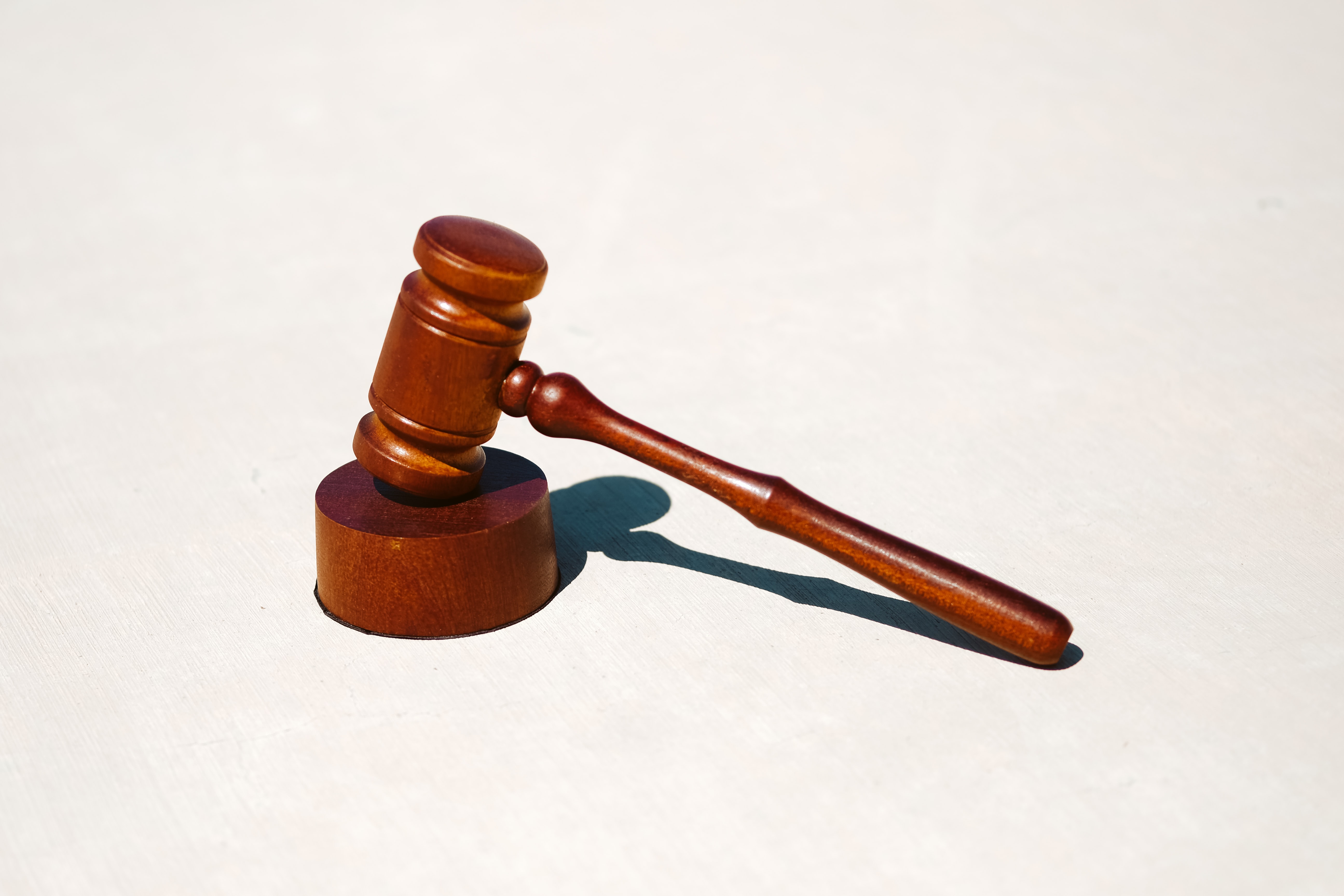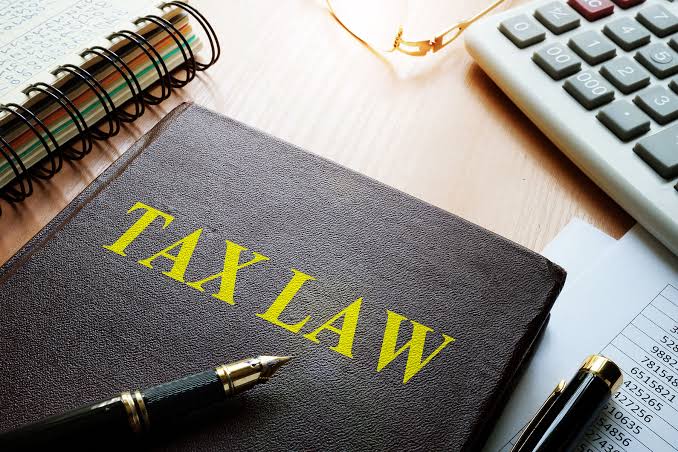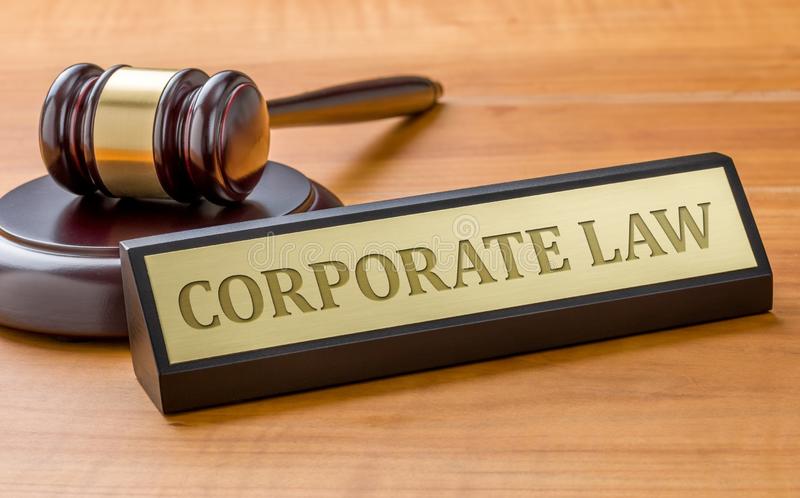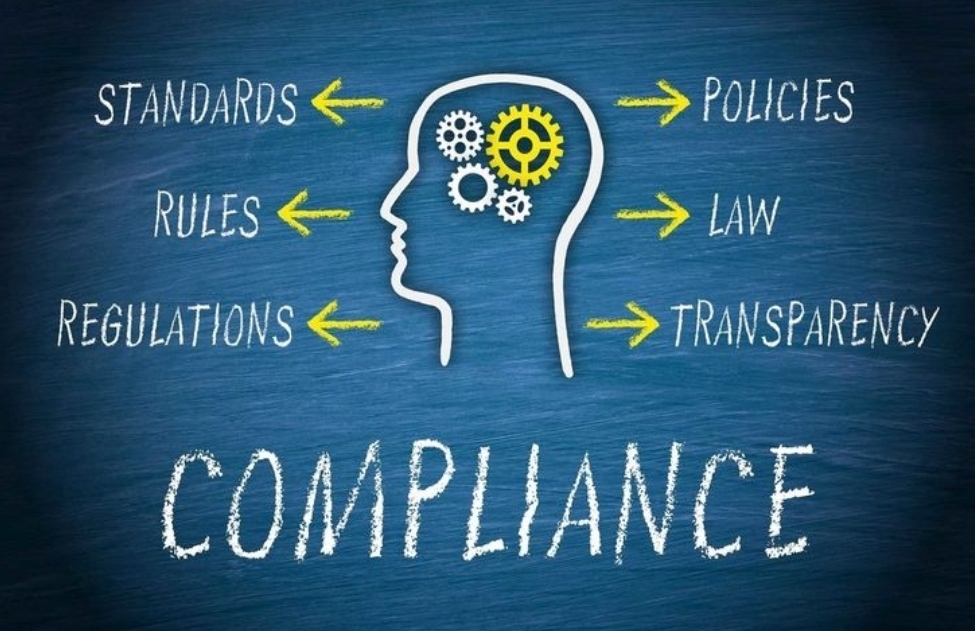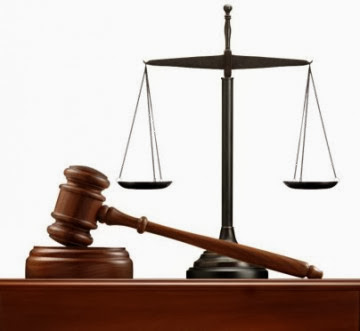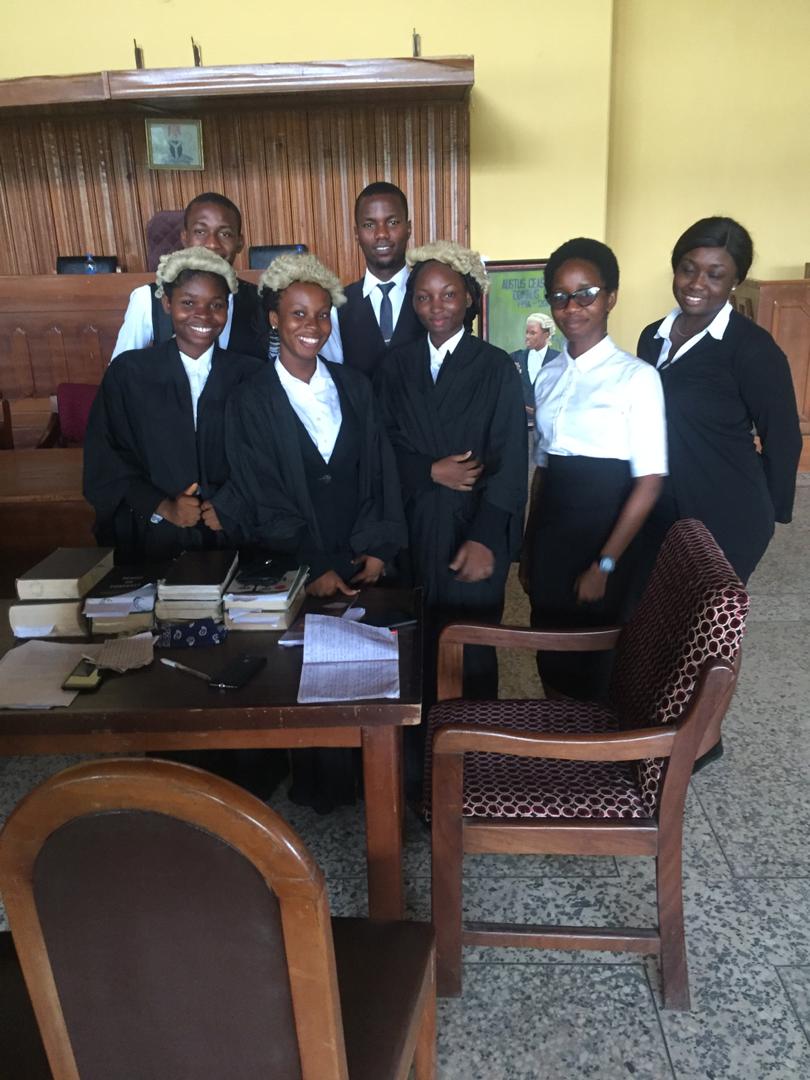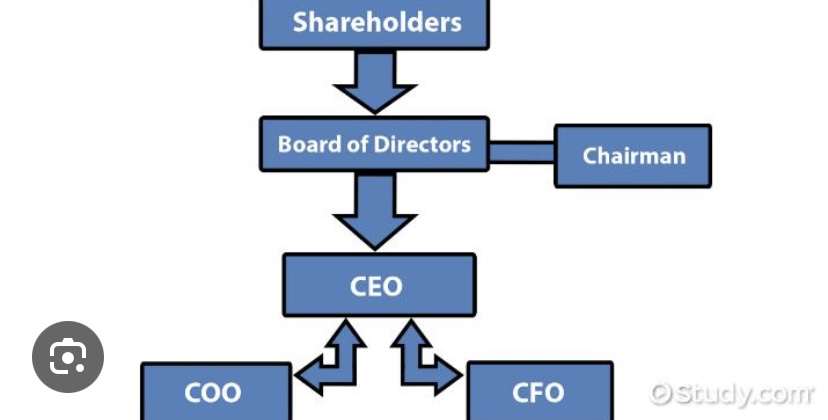
In the year 1986, Helen Steel and David Morris distributed a leaflet titled “What’s wrong with McDonald’s: everything they don’t want you to know”; attacking the morality and business ethics of the fast food chain; McDonald’s, on the grounds of paying low wages, cruelty to animals used in its products and other malpractices. The criticisms from Steel and Morris eventually turned out to be one of the longest running defamation cases in British history, which was widely referred to as the McLibel’s case. Just like it is with many other big corporations, McDonald’s had earlier been really defensive of its reputation and had used the threat of legal actions to subdue brooding public criticisms. For every time McDonald’s threatened legal actions, the media outlets were usually bested into submission, settlement and apology. However, when McDonald’s instituted a libel action against Steel and Morris in 1990, they decided to relentlessly hold their stance and fight the matter in court. The doggedness of the parties caused the case to linger in court for years.
One striking fact about this case was that Steel and Morris represented themselves in court because they could not afford a counsel and legal aid was not applicable to their case. In 1995, McDonald’s moved to settle with the two on the grounds that they (Steel and Morris) would stop publicly criticizing the company. On the other hand, Steel and Morris asserted that they would agree to the terms of settlement if McDonald’s ceased to advertise its products to the public and only recommend their restaurants privately to friends. In 1997, after all the years in court, judgment was given largely in favour of McDonald’s. The court held that Steel and Morris were right in their claims that the corporation exploited their worker, inflicted needless cruelty on animals and issued misleading advertising but found that the claims that McDonald’s was responsible for starvation and deforestation were false and libelous and the sum of £60 thousand was awarded in favour of McDonald’s. Without being deterred by the judgment of the court, Steel and Morris filed an appeal and the appellate court largely upheld their case; reducing the award of damages by £20 thousand.
Corporate bodies are artificial persons and just like natural persons, they have a reputation to uphold. In this regards, a corporate body's reputation is a public perception about it. The public opinion here could revolve around the corporate body’s products or services or how it caters for the welfare of its employees and clients or customers. Since a corporate body has a reputation, there is the likelihood that the reputation can be damaged either by its own actions or inactions or the reckless or intentional actions of public individuals or other bodies.
Corporate defamation simply put, is the act of communicating false statements about a corporate body, either orally or in writing. Such false statements in turn should result in damage to the corporate body's reputation as well as negatively affecting its position in the business in which it operates. Corporate defamation could result to lose of market and revenue to corporate bodies. The reason being that, once the public perception about a corporate body is negative; there is the likelihood that no one may want to do business with it. Customers and clients patronize corporate bodies not only for the products or services they offer but based on how high or positively they hold them.
Very recently, India’s Adani Group led by one of the world’s richest person Gautam Adani lost roughly $50 billion in market value after Hindenburg Research, US-based financial forensic firm published a report on the 24th day of January 2023 alleging that the India conglomerate was involved in brazen stock manipulation and accounting fraud. According to Hindenburg Research, the report was an evidence of their 2-year investigation on the Adani Group. Apparently, it appears that Adani Transmission’s Stock were worst hit, however, none of the group’s seven listed companies escaped impact, with their stock prices falling between 10% and 27%. In response to the allegations from the report, Adani Group’s chief financial officer stated that the report by Hindenburg Research is a malicious combination of selective misinformation, stale, baseless and discredited allegations that have been tested and rejected by India’s highest courts. Later in another statement, the Adani Group posited their stance on instituting remedial and punitive action against Hindenburg Research.
The above highlighted recent case of Adani Group and the report made by Hindenburg Research is one out of many cases that shows how a corporate body’s reputation can be seriously affected by communications or statements made against it. In all these, for a written or oral communication about a corporate body to be held as defamatory, such a communication must be: published or brought to the knowledge of a third party or the public domain, the corporate body must be directly referred to or identified by the communication, the impact of the communication on its reputation must be negative and the published communication must be false if it is to qualify as a corporate defamation. However, if any person or body publishes or brings to public domain an oral or written communication or information about a corporate body that adversely affects its reputation, it will not be defamation if the communication or information is true. For instance, in the McLibel’s case, if the information shared about McDonald’s by Steel and Morris was found to be true, it would have been wrong for the court to hold them liable for defamation.
There is a thin line between a defamatory statement made against a corporate body and a criticism stemming from proper public scrutiny and perception. Just as a defamatory statement can adversely affect a corporate body, a statement made as a result of public scrutiny can also adversely affect it. The difference here is that, while a defamatory statement is based on falsehood, a statement stemming from proper public scrutiny may be the truth. Therefore, it is very important for these two to be properly distinguished. Raising the issue of corporate defamation when a corporate body has already put itself in the negative light before the public and tagging every criticism eliciting from public perception and participation as defamatory may be wrong; especially when such criticisms are founded on the truth about the corporate body.
For a long time, corporate bodies have used defamation law suit as an offensive weapon to ward off criticisms. Ordinarily, most of these corporate bodies are big and have the financial capabilities to pursue legal actions in court till the end. So what they do most times is use the threat of legal actions or actually instituting legal actions to subdue or silence criticisms from public individuals or bodies. For instance, in the McLibel’s case, while the critics could not even afford a lawyer and had to represent themselves, McDonald’s on the other hand was reported to have a huge team of leading lawyers and they racked up legal bills estimated at £10 million which was in total, more than the amount awarded as damages. It is imperative to mention here that, it is the right of an individual or corporate body to institute legal actions in any circumstances when it appears that a wrong has been done to it, especially when it has been adversely and unduly affected by that wrong. However, there is no legitimate cause of action in defamation if what has been brought against the corporate body is the truth. When in dispute, the truth about such communication and statement against the corporate body is going to be for the court to decide during litigation from the evidence brought before it.
Any law suit without merits brought by corporate bodies with the objective of subduing and silencing criticisms is popularly referred to as a SLAPP suit; Strategic Litigation Against Public Participation. The issue of using legal actions as an offensive weapon to subdue criticisms has been subject to diverse inquiries. Just like corporate bodies, some public officials and public figures have also been guilty of instituting meritless actions to silence criticisms. To curb the rate at which public figures used defamation law suit to ward of public criticisms, the United States Supreme Court in the 1964 case of New York Times v. Sullivan established that; public officials must meet a higher standard by proving malice in order to win any defamatory action they institute. The rationale being that public officials have a role to play in the interest of the public and therefore are subject to public scrutiny. Therefore, for a public official to prove defamation, he must not only show that the statement or communication was false, but it was maliciously published and the knowledge of its falsehood was known.
In this article, we are reaffirming the argument and position that the higher standard of proving malice by public officials in defamation cases as established by the United States Supreme Court be applicable to corporate bodies; especially in jurisdictions where the defamation laws are yet to be extensively developed. The reason why this principle should apply to corporate bodies is because, they have roles to play in public interest and as such they should not be exempted from proper public scrutiny and public participation. Also, the significance of constructive criticisms should not be underplayed because corporate bodies exist for the public and they should not assume a status of omnipotence over the good interest of the public. Corporate bodies on their own part need to learn to receive criticisms in good faith without always going offensive with SLAPP suit against critics. They should also learn to make timely amends when the need arises; to protect their corporate reputation.
However, nothing here should deter a corporate body from instituting legal actions in the merit when a valid cause of action on defamation arises. It is important to point here that critics and every other persons exercising the right of public scrutiny must exercise care in making statements and communications that could negatively affect the reputation of a corporate body except when they have evidence to show that such statements and communications are the truth, because what is said or written in seconds can destroy the hard work and reputation of a corporate body built in years.

